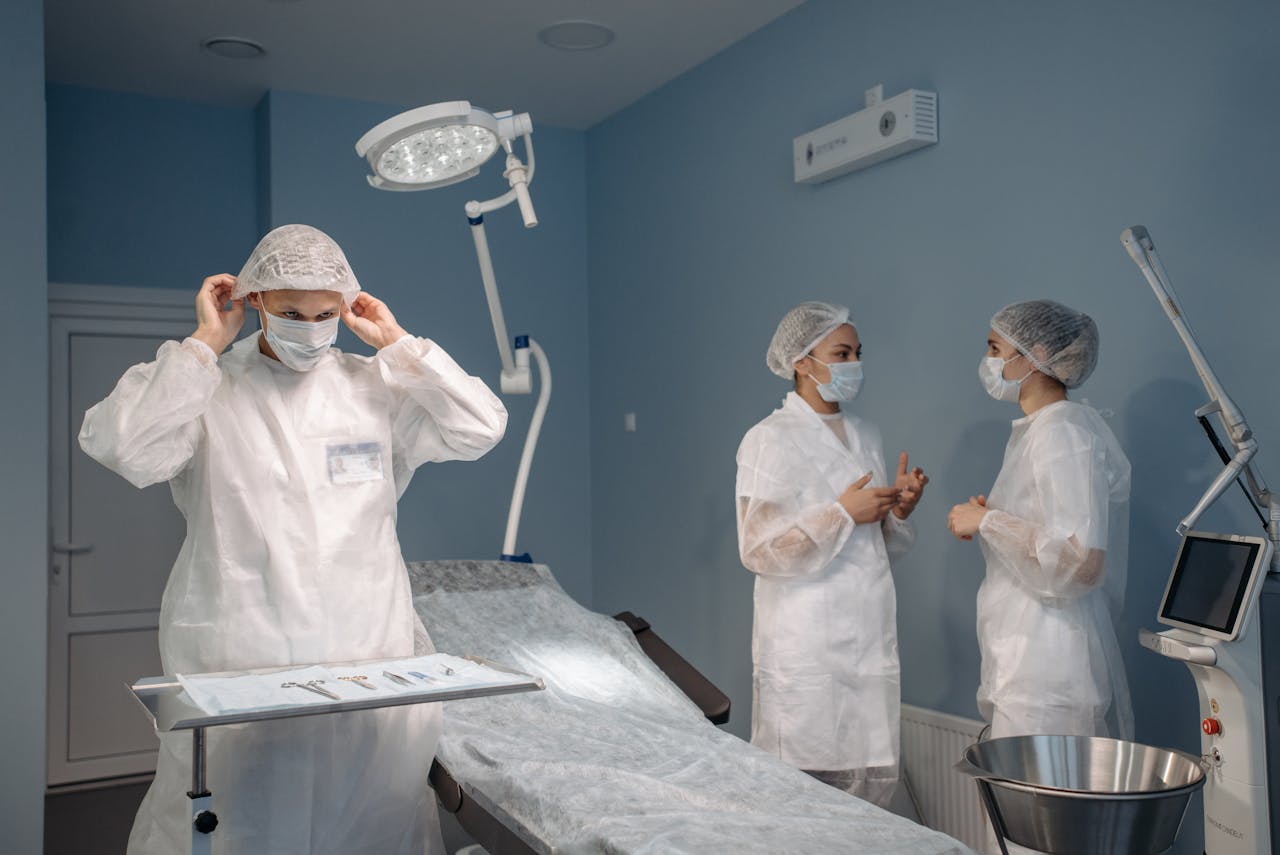General surgery is a vital branch of medicine that focuses on performing surgical procedures to treat a wide range of conditions. Careers in general surgery offer dynamic and rewarding opportunities, blending technical expertise with critical decision-making to improve patient outcomes, as highlighted in this article on the relevance and rewards of general surgery.
What Does a General Surgeon Do?
General surgeons diagnose and treat diseases, injuries, and deformities through surgical operations. Their key responsibilities include:
- Preoperative Diagnosis: Assessing the patient’s condition and recommending surgery when necessary.
- Performing Surgery: Conducting operations on various parts of the body, including the abdomen, breast, skin, and soft tissues.
- Postoperative Care: Monitoring recovery, managing pain, and preventing complications.
- Emergency Surgery: Addressing urgent cases such as appendicitis, hernias, and trauma injuries.
General surgeons must be proficient across a wide range of procedures, making versatility an essential skill.
Specialisations Within General Surgery
While general surgeons are trained to operate on a broad range of conditions, many choose to specialise further. Medical degree graduates may pursue residency and fellowship training to enter these specialisations.
Common specialisations include:
- Colorectal Surgery: Focused on the colon, rectum, and anus.
- Hepatobiliary Surgery: Dealing with diseases of the liver, gallbladder, and pancreas.
- Breast Surgery: Specialising in the diagnosis and surgical treatment of breast diseases.
- Endocrine Surgery: Managing disorders of the thyroid, parathyroid, and adrenal glands.
- Trauma Surgery: Providing surgical care for patients with traumatic injuries.
Skills Needed to Become a General Surgeon
A successful career in general surgery requires several critical skills:
- Manual Dexterity: Precise hand movements are vital during surgery.
- Critical Thinking: Rapid decision-making in high-pressure environments.
- Physical Stamina: Enduring long surgeries and overnight shifts.
- Compassion and Communication: Providing reassurance and clear information to patients and families.
- Problem-Solving Abilities: Managing unexpected challenges during operations.
Developing these skills starts with a strong foundation in medical education at a medical university in Malaysia.

How to Become a General Surgeon
The pathway to becoming a general surgeon typically involves:
- Complete a Foundation in Science: A foundation in science helps students build the knowledge needed for medical studies.
- Earn a Medical Degree: Completing a medical degree provides the necessary clinical training.
- Undertake Housemanship: Two years of supervised practice in various medical departments.
- Specialist Training: Enter a surgical residency program to gain hands-on surgical experience.
- Further Subspecialisation (Optional): Pursue additional fellowships for specialised surgical fields.
Career Prospects for General Surgeons
General surgeons are in high demand across the world. Career opportunities include:
- Public Hospitals: Performing surgeries as part of multidisciplinary teams.
- Private Healthcare Centres: Providing specialist surgical services to patients.
- Academic Medicine: Teaching and mentoring future surgeons in medical schools in Malaysia.
- International Organisations: Working with humanitarian groups in conflict or disaster zones.
- Research Institutions: Contributing to surgical innovation and clinical trials.
General surgery offers career flexibility, allowing surgeons to work in urban hospitals, rural clinics, or academic settings.
Final Thoughts About Careers in General Surgery
A career in general surgery demands dedication, resilience, and a passion for helping others. General surgeons perform life-saving operations and are crucial to healthcare systems worldwide, promising an impactful and rewarding career.
FAQs About Careers in General Surgery
1. What qualifications are needed to become a general surgeon?
You need to complete a foundation in science, a medical degree, housemanship, and surgical residency training.
2. Is general surgery a good career?
Yes, general surgery offers high job satisfaction, diverse specialisation options, and strong career stability.
3. How long does it take to become a general surgeon?
It typically takes around 10 to 12 years, including undergraduate studies, medical school, housemanship, and specialist training.
4. Can I specialise further after becoming a general surgeon?
Yes, many general surgeons pursue subspecialities like colorectal surgery, trauma surgery, or hepatobiliary surgery after their residency.






